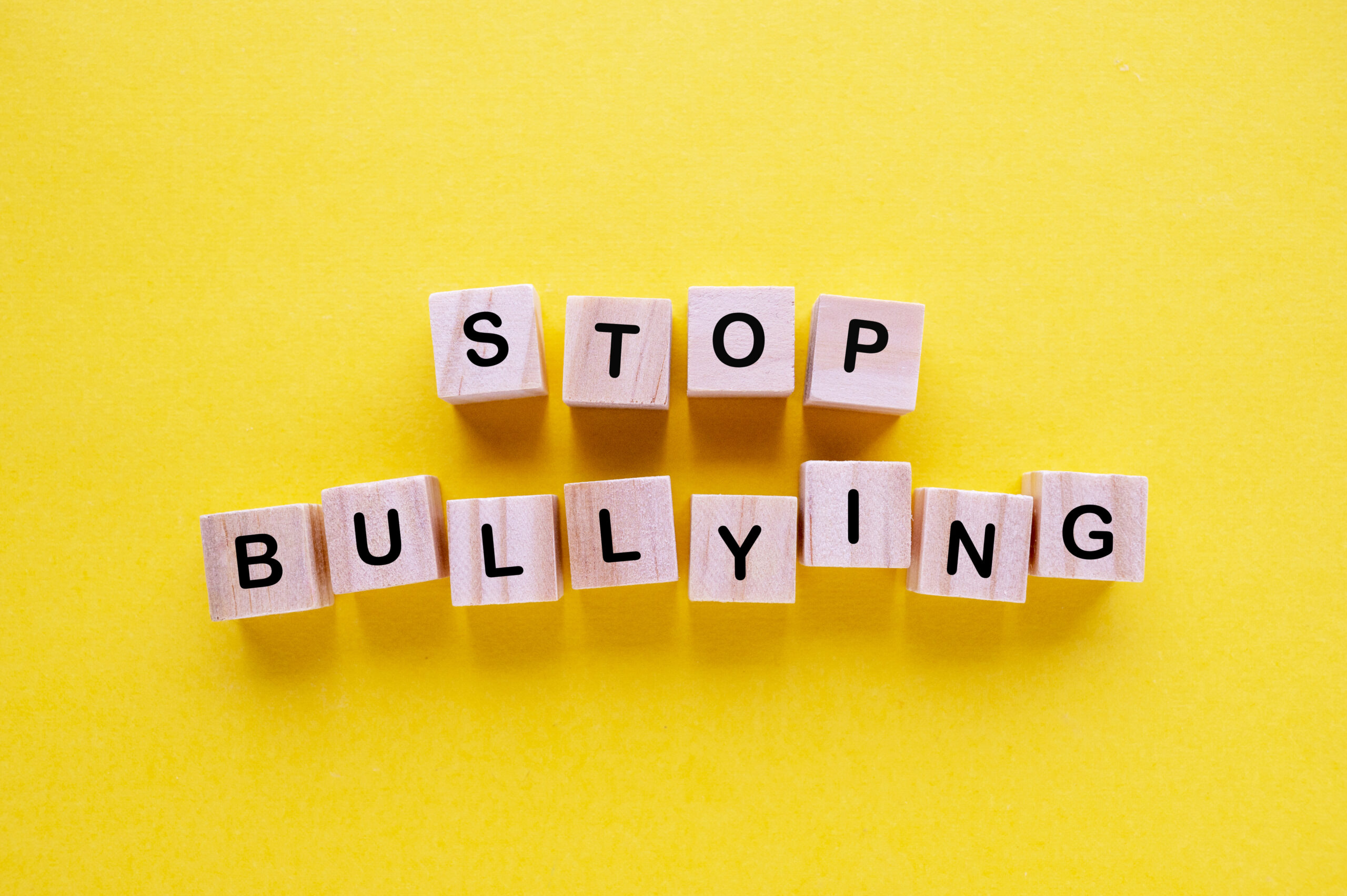
Bullying is unwanted, aggressive behavior that involves a real or perceived power imbalance. It is often repeated or has the potential to be repeated over time. Bullying can be physical, verbal, emotional or take place online (cyberbullying), and it can deeply affect a person’s mental and emotional well-being. It’s not just "kids being kids"—bullying is serious and harmful behavior that requires attention and action.
Bullying vs. Conflict
While both can be upsetting, bullying and conflict are not the same.
Conflict is a normal part of relationships and involves a disagreement or difference of opinion between people with equal power. It can often be resolved through communication and compromise.
Bullying, on the other hand, is one-sided and involves someone trying to control, harm, or
one-sided and involves someone trying to control, harm, or intimidate another person repeatedly. Bullying is not about resolving a problem—it’s about gaining power over someone else.
Understanding this difference helps adults and peers respond appropriately and support those involved in a meaningful way.
If you or someone you know is being bullied, speak up. You are not alone—and you deserve support.
Stop Bullying
Preventing and addressing bullying starts with awareness, empathy and accountability. Everyone—students, parents, educators and community members—has a role to play in creating safe and respectful environments.
You can help stop bullying by:
- Speaking up when you see bullying happen
- Supporting those who are being bullied
- Teaching kindness and inclusion
- Reporting incidents to a trusted adult or authority figure
When bullying is ignored, it often escalates. But when we step in, we show that everyone deserves to feel safe, valued, and respected.
How to Identify Bullying
Bullying isn’t always obvious. Sometimes it happens behind the scenes, in whispers, messages or exclusion. Here are some signs to look for in someone who may be experiencing bullying:
Bullying isn’t always obvious. Sometimes it happens behind the scenes, in whispers, messages, or exclusion. Here are some signs to look for in someone who may be experiencing bullying:
- Sudden changes in mood, behavior, or academic performance
- Avoidance of school or social situations
- Unexplained injuries or lost belongings
- Anxiety, depression, or low self-esteem
- Changes in eating or sleeping habits
It’s also important to look for patterns—bullying is repeated over time, not just a one-time disagreement or mean comment.
